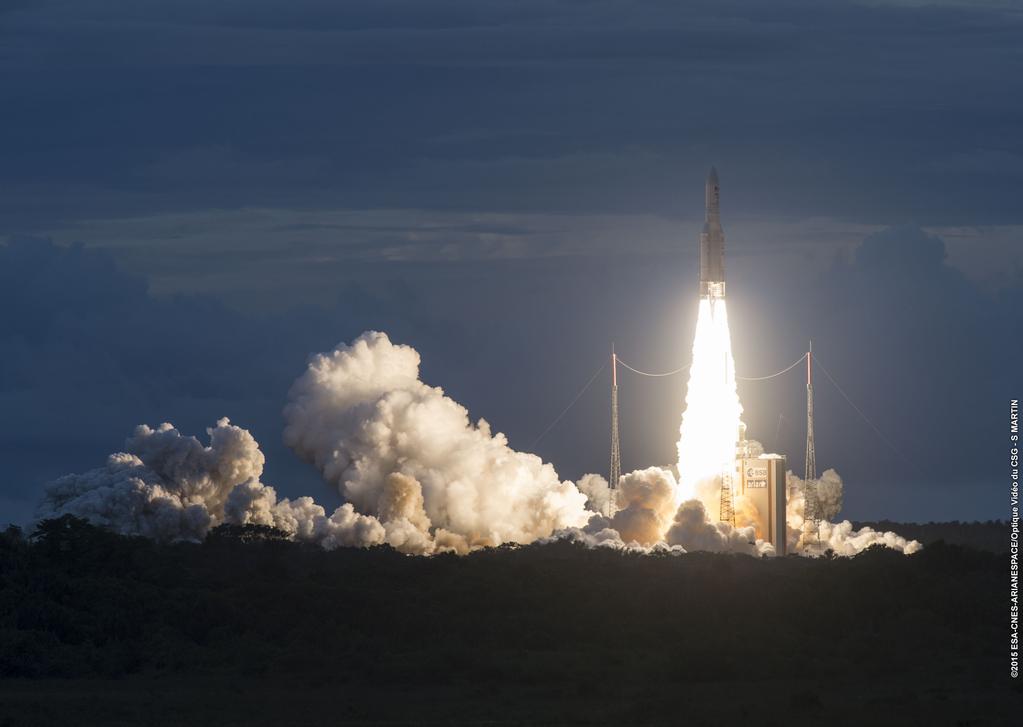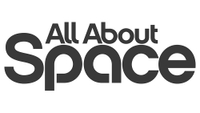
The novel coronavirus's toll on the space community continues to grow.
Launches from Europe's chief spaceport, the Guiana Space Center, have been suspended indefinitely, European officials announced today (March 16).
"Because of the COVID-19 pandemic and the need to fully implement the measures decided by the French government, launch campaigns underway at the Guiana Space Center (CSG) in French Guiana have been suspended," representatives of French launch provider Arianespace wrote in an update today. (COVID-19 is the disease caused by the new coronavirus.)
"These launch preparations will resume as soon as allowed by health conditions," the representatives added. "This exceptional measure is designed to protect the health of employees and the local population, while also maintaining the security needed to prepare for scheduled launches."
Related: Coronavirus outbreak shakes space industry: Here's the effects so far
The GSC is located in French Guiana, a French overseas department on the northeastern coast of South America. The center is overseen by the French government and the European Space Agency (ESA), which provides two-thirds of the GSC's budget.
This center has hosted a number of high-profile launches over the years, including ESA's Herschel and Planck space telescopes in 2009 and the European-Japanese BepiColombo mission to Mercury in 2018. The GSC will also serve as the jumping-off point for NASA's $9.7 billion James Webb Space Telescope, which is scheduled to launch next year.
Get the Space.com Newsletter
Breaking space news, the latest updates on rocket launches, skywatching events and more!
COVID-19 has had a significant impact on the space industry, as it has on many other aspects of the world economy. For example, NASA has issued mandatory work-from-home orders for its Ames Research Center in Silicon Valley and Marshall Space Flight Center in Alabama after employees at each facility tested positive for the illness. And the agency is urging all of its workers to telecommute if possible.
In addition, many high-profile space conferences have been canceled or are switching to an online format. You can read a more detailed list of COVID-19's effects on the space community here.
- With coronavirus spreading, NASA may tweak astronaut prelaunch quarantine plans
- Getting sick in space: How would NASA handle an astronaut disease outbreak?
- NASA chief says agency is monitoring coronavirus situation for impacts to US space program
Mike Wall is the author of "Out There" (Grand Central Publishing, 2018; illustrated by Karl Tate), a book about the search for alien life. Follow him on Twitter @michaeldwall. Follow us on Twitter @Spacedotcom or Facebook.
OFFER: Save at least 56% with our latest magazine deal!
All About Space magazine takes you on an awe-inspiring journey through our solar system and beyond, from the amazing technology and spacecraft that enables humanity to venture into orbit, to the complexities of space science.
Join our Space Forums to keep talking space on the latest missions, night sky and more! And if you have a news tip, correction or comment, let us know at: community@space.com.

Michael Wall is a Senior Space Writer with Space.com and joined the team in 2010. He primarily covers exoplanets, spaceflight and military space, but has been known to dabble in the space art beat. His book about the search for alien life, "Out There," was published on Nov. 13, 2018. Before becoming a science writer, Michael worked as a herpetologist and wildlife biologist. He has a Ph.D. in evolutionary biology from the University of Sydney, Australia, a bachelor's degree from the University of Arizona, and a graduate certificate in science writing from the University of California, Santa Cruz. To find out what his latest project is, you can follow Michael on Twitter.










